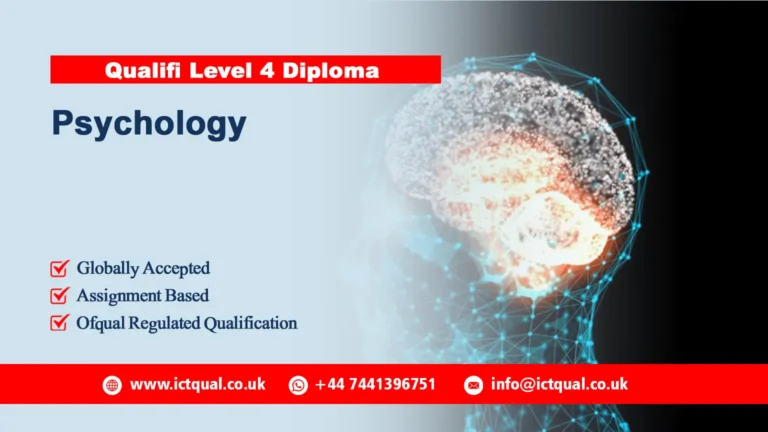In an era where corporate scandals and ethical breaches dominate headlines, the demand for leaders who prioritize integrity and ethical practices has never been more crucial. The Qualifi Level 7 Diploma in Ethical Leadership emerges as a beacon for those who aspire to lead with both conviction and responsibility. This advanced qualification is designed to equip professionals with the knowledge and skills required to foster ethical decision-making, drive organizational integrity, and champion ethical standards in their leadership roles.
The Qualifi Level 7 Diploma in Ethical Leadership is a prestigious qualification aimed at senior professionals who seek to enhance their ethical leadership capabilities. This diploma provides a rigorous exploration of ethical theory, decision-making processes, and practical applications in a business context. It is ideal for those who wish to integrate ethical considerations into their strategic decisions and lead organizations with a strong moral compass.
The diploma’s emphasis on ethical leadership is a valuable asset for career progression. It positions graduates as leaders who are not only effective but also principled, enhancing their appeal to employers and stakeholders who prioritize ethical leadership.
The Qualifi Level 7 Diploma in Ethical Leadership represents a vital step for professionals who aspire to lead with integrity and make a positive impact in their organizations and beyond. With its comprehensive curriculum, practical focus, and global perspective, the diploma offers a robust foundation for ethical leadership. For those committed to navigating the complexities of modern business with a principled approach, this qualification is an invaluable investment in both personal and professional growth.
The Qualifi Level 7 Diploma in Ethical Leadership is a distinguished program designed to equip senior professionals and emerging leaders with the critical skills necessary to navigate the complexities of ethical decision-making in today’s business environment. This advanced qualification offers a rigorous exploration of ethical principles and their application in leadership, aiming to foster leaders who are both principled and effective.
The diploma’s curriculum is thoughtfully structured to provide a comprehensive understanding of ethical theory and its practical implications. Participants delve into various ethical frameworks, exploring moral philosophies and their relevance to business practices. This foundational knowledge is crucial for developing the ability to tackle ethical dilemmas with a well-rounded perspective and sound judgment.
Central to the program is its focus on practical decision-making. The course includes a range of interactive components such as case studies, simulations, and real-world scenarios that allow participants to apply ethical theories to practical situations. This hands-on approach ensures that learners are well-prepared to make ethical decisions and address challenges in their professional roles.
Another key aspect of the diploma is its emphasis on leadership and organizational culture. The program teaches strategies for fostering an ethical organizational environment, promoting transparency, and encouraging ethical behavior among team members. Participants learn how to embed ethical practices into organizational policies and culture, thereby influencing positive change and enhancing the overall integrity of their organizations.
The Qualifi Level 7 Diploma in Ethical Leadership also incorporates a global perspective, acknowledging the diverse ethical challenges faced by organizations operating internationally. This international approach equips graduates with the tools to address ethical issues across different cultural and regulatory contexts, preparing them to lead effectively in a globalized business landscape.







